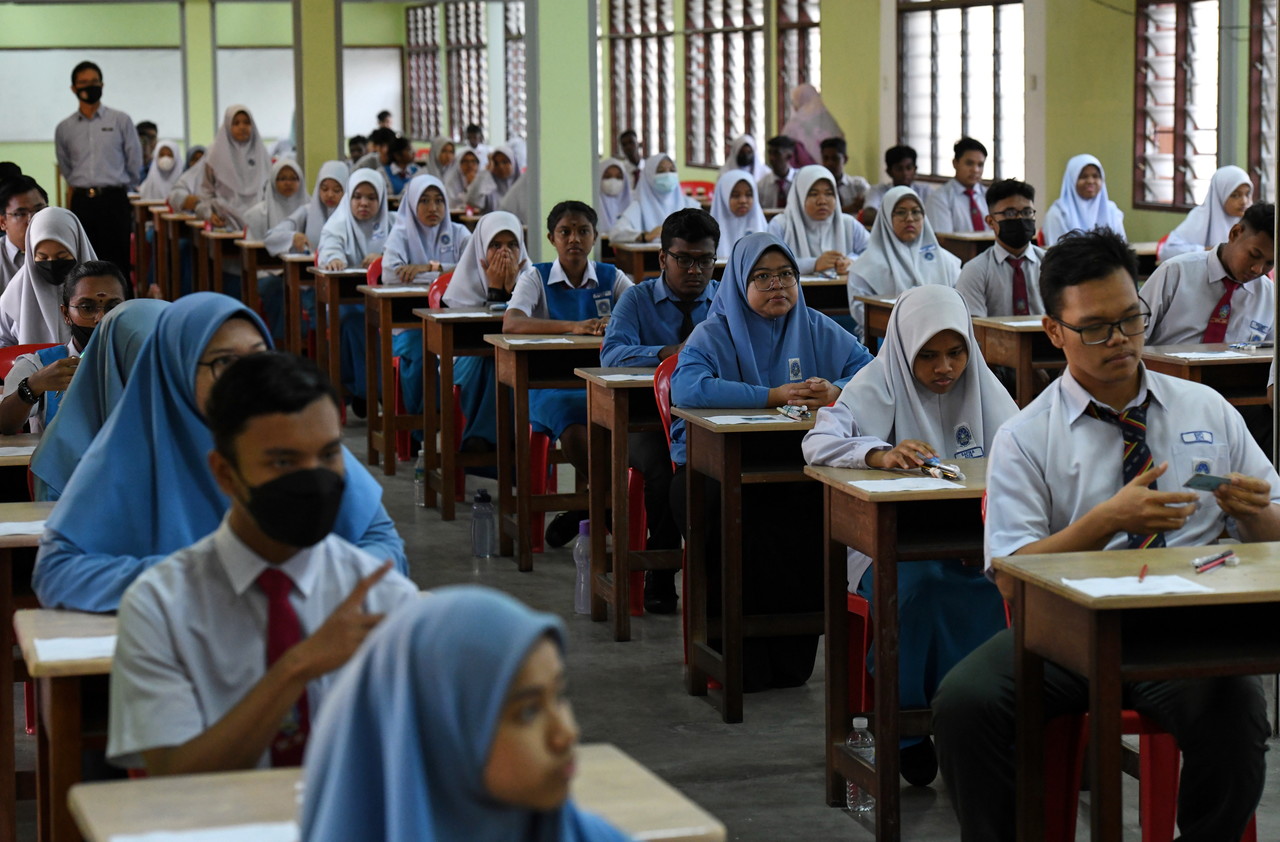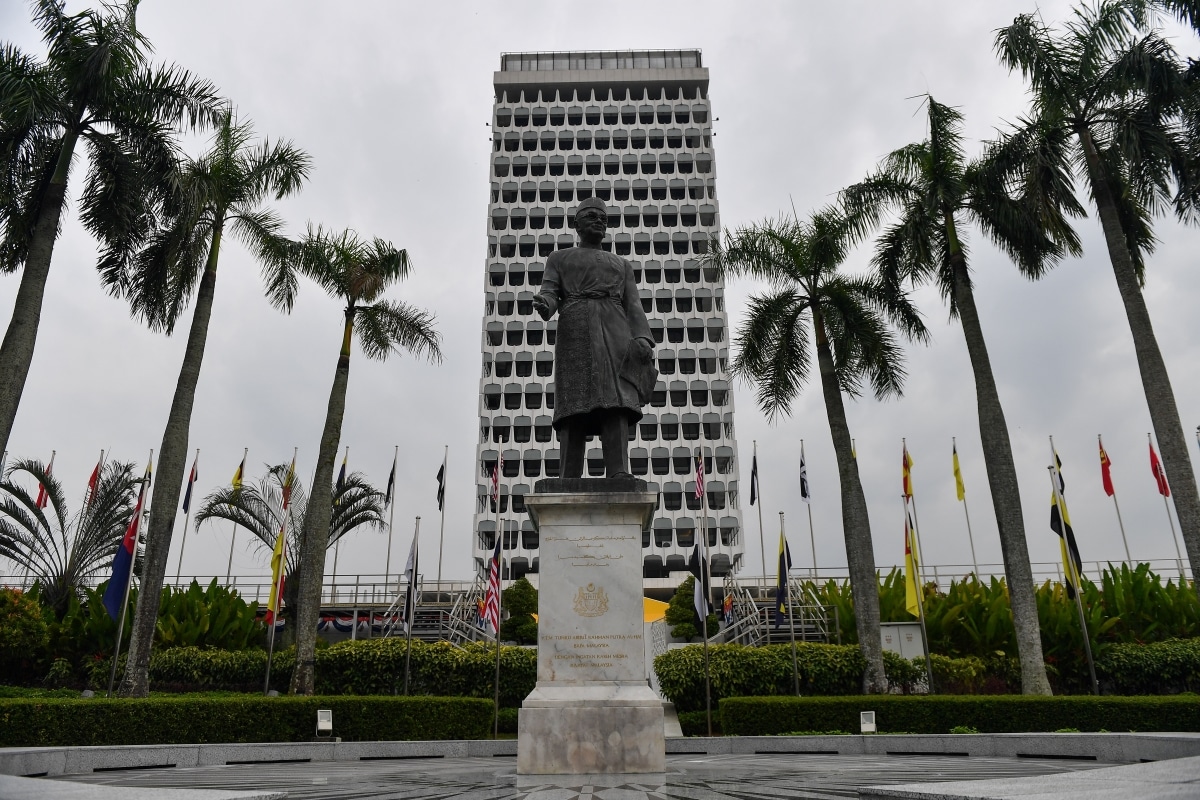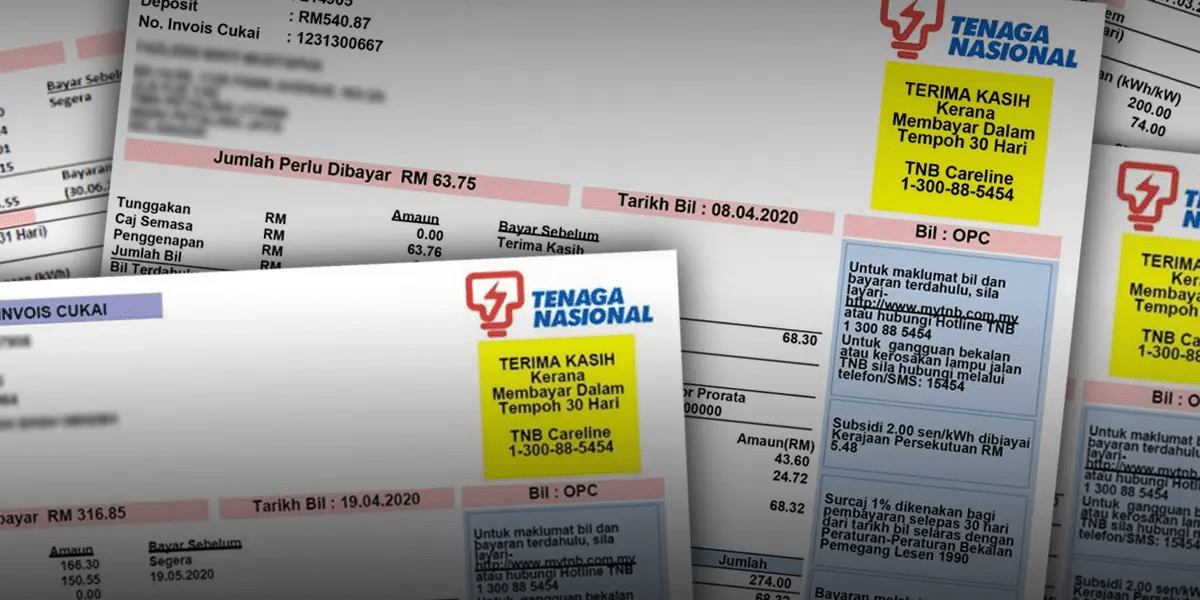KUALA LUMPUR, March 5 — Claims of a low number of registrations and information updates in the Central Database Hub (Padu) system due to data integrity issues are inaccurate, said Economy Minister Rafizi Ramli.
This is because Padu contains data integrated from various sources, including Federal and state governments, agencies, and statutory bodies, which have all the information profiles of individuals and households.
"All the data is already there, what we want is for it to be updated when it is implemented, so there are no complaints of 'why I did not get (help)', 'why I am like that', and so on.
[caption id="attachment_341374" align="alignleft" width="437"] Economy Minister Rafizi Ramli speaks during a press conference on the post-launch of the Federal government's Central Database Hub (Padu), in Putrajaya on January 4, 2024. — Picture by BERNAMA[/caption]
Economy Minister Rafizi Ramli speaks during a press conference on the post-launch of the Federal government's Central Database Hub (Padu), in Putrajaya on January 4, 2024. — Picture by BERNAMA[/caption]
"If the Padu data is considered inaccurate, all the data in the government system from the Federal, state, Zakat Board, and so on are also inaccurate as the information comes from these data," he said during the question-and-answer session in the Dewan Rakyat today.
Rafizi was responding to Segamat MP R. Yuneswaran's supplementary query on the government's measures to ensure more Malaysians register and update information in the Padu system following data security concerns.
He added the number of those who have registered and updated their information in the Padu system cannot be compared with the number of Malaysians as a whole, but rather the number of households should be taken into account.
"The concern is that the current registration (as of) February 25 is 3.79 million (already registered). We always look at several perspectives, that is, we see how many have been updated compared to the total number of citizens of 30 million people.
"When we compare the number of updates, it cannot compare with 30 million, it should be compared with the number of households. The current households are at 7.9 million, and since singles and people without families are counted as one household, the number of households is expected to rise to nine million," Rafizi said.
Accordingly, the ministry will ensure that as many families and individuals will make full use of the remaining month (before the end of March 31) to register and update information in the system.
"Some groups feel that they are not eligible for targeted subsidies and they do not want to update, some groups will wait until the last minute until March 31 to register, and some may be in a rush to update after the government announces targeted subsidies.
"But (all this) does not interfere with planning that all household information data must be available by March 31 to enable the government's socio-economic programme to move to the net household disposable income method," he said.
Padu was launched on January 2 and is open to the public for updates until March 31 with phase two expected to start from April until June 2024 which will involve the development of algorithms according to use case requirements based on data in Padu.
— Bernama








